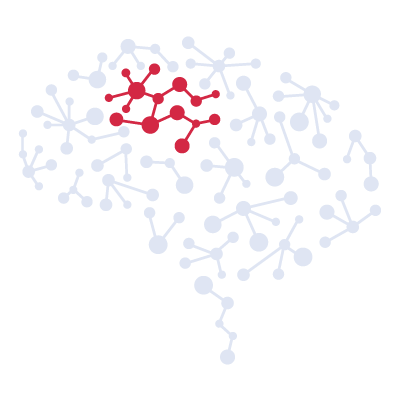
Mercator fellow
Dr. Ádám Dénes, Ph.D.
Address: Laboratory of Neuroimmunology, Institute of Experimental Medicine, Szigony u. 43. 1083 Budapest, Hungary.
Phone: +36 1 210 9954,
E-mail: denes.adam@koki.hu
Ádám Dénes graduated from Eötvös Loránd University, Faculty of Science, Budapest, Hungary (MSc, Immunology) and obtained his Ph.D. from Semmelweis University Budapest, Hungary, School of Ph.D. Studies, Neurosciences PhD Program. The researches carried by him concern Microglia and neuroinflammation in brain diseases (stroke, neurodegeneration, neonatal asphyxia, neurotropic virus infection, COVID-19), neuroimaging, microglia-neuron interactions, autonomic regulation of immune organs.
He has been the member of different kinds of societies, for example, the member of American Association of Immunologists since 2012 and the member of Academia Europea since 2021. He is a reviewer of many scientific volumes and has published numerous articles in internationally renowned scientific journals.
Adam Denes has already supported ImmunoStroke in the first funding period as member of the ESAB and is internationally recognized for his expertise on stroke-immunology and microglial biology which is closely related to several projects in this consortium.
Adam Denes heads the Laboratory of Neuroimmunology and the Cell Biology Center at the Institute of Experimental Medicine (IEM), Budapest, Hungary. Research of his group focuses on the role of microglia in regulating neuronal activity and injury. They study fundamental processes of brain-immune interactions in health and diseases such as stroke. His earlier studies have revealed the protective and modulatory roles of microglia in acute brain injury and identified key mechanisms through which systemic inflammation contributes to brain injury. These findings are highly relevant projects A4 and B1 as similar mechanisms can apply to thromboinflammation and vascular remodeling after stroke. He has studied the broad roles of the key proinflammatory mediator, interleukin-1 (IL-1) and inflammasomes after cerebral ischemia and was the first to describe a role for the AIM2 inflammasome in stroke, which is closely related to the work performed in project A1 and A2.

